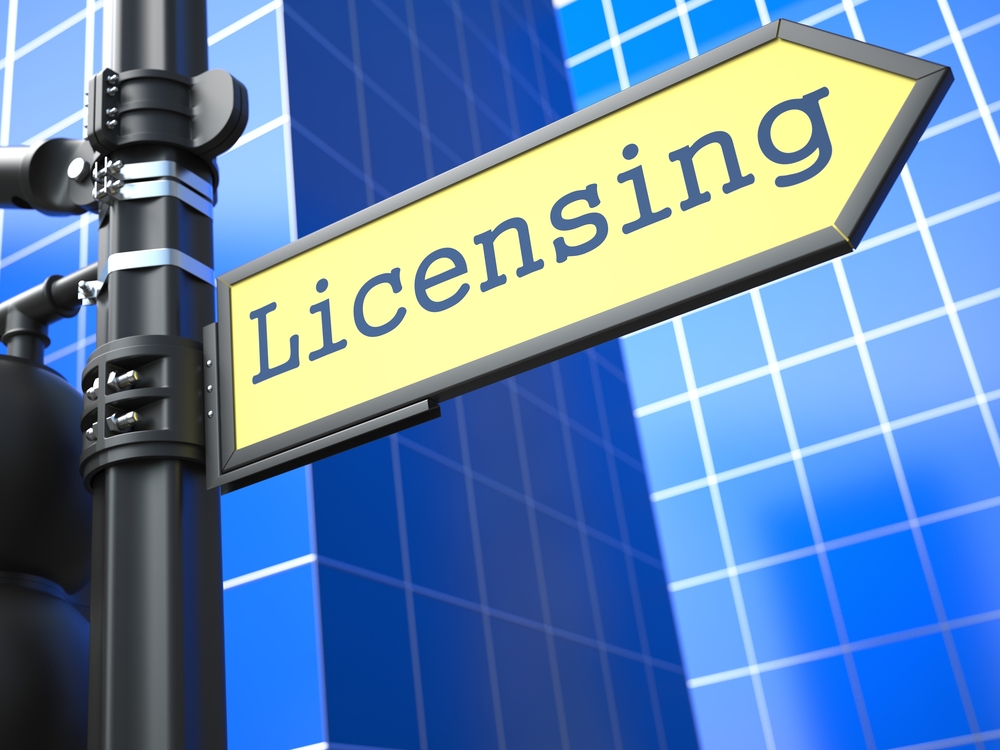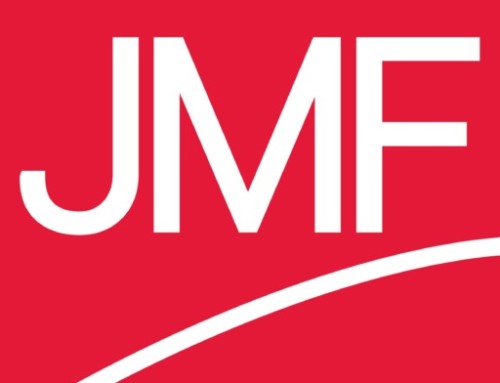By: Kim Smith, CPA, Tax Shareholder
Kim is a shareholder, a member of the JMF Tax Department and in charge of the JMF State and Local Tax (SALT) group. With over 20 years of experience, she assists clients with corporate, partnership, and individual income tax reporting as well as complex multi-state income and sales tax issues.
Are you properly licensed to do business?
Most business owners are aware that they must obtain a business license for the city and county where their business is located. There are instances where businesses must also obtain licenses outside of the area where their home office is located. We have witnessed an increase in municipalities aggressively pursuing businesses for failure to obtain business licenses or for under-reporting gross receipts.
In particular, the City of Tuscaloosa has been aggressively contacting businesses regarding licensing using in-house or third party data. Therefore, you may be contacted by a City auditor if you are conducting business in the city limits and have not previously obtained a City of Tuscaloosa business license.
What is considered a “business”?
The City of Tuscaloosa’s municipal license code states that a business is defined as “Any commercial or industrial activity or any exhibition, enterprise, trade, profession, vocation, occupation, profession or livelihood, including the lease or rental of residential or nonresidential real estate, whether or not carried on for gain or profit, and whether or not engaged in as a principal or as an independent contractor, which is engaged in, or caused to be engaged in, within the city of the police jurisdiction.”
Using this definition, any business activity requires a business license.
A business can have more than one “location”
If you conduct business away from your office and in different cities and counties, you most likely need a business license in the municipalities where you are conducting business. For example, if you are a repairman and you or your employees perform jobs at locations outside of the area where your office is located (where your business is licensed), you should obtain a business license in each location where a job is performed – both the city and the county where the job is performed.
If your business delivers products into another location in vehicles owned by the company, you should obtain a license in those locations where product is delivered. If the product is delivered via common carrier, a license may not be required. See above – if you deliver a product via common carrier but then an installer or repairman performs work after the delivery – you should obtain a license in the locality. The fees for delivery business licenses are usually capped at a lower amount as long as the gross receipts from deliveries are under $75,000. This could be particularly important for manufacturers who deliver product in their own trucks and deliver wholesale or retail goods to distribution centers.
Are you properly reporting gross receipts?
Gross receipts include all receipts of a business from whatever source derived with typically the following exclusions:
- Taxes that are imposed on the ultimate consumer – i.e. sales taxes
- License taxes
- Reimbursements to professional employer organizations of federal, state, or local payroll taxes or unemployment insurance contributions
There are no other exclusions or deductions other than those listed above. A business will report worldwide gross receipts in the city where they are located. If the business is required to purchase a license in other localities as described above, the business will only report the receipts generated in the other locality.
Business License Renewals
All municipalities’ business licenses are due January 1. Business licenses purchased February 1st or after are considered delinquent. A municipality may extend the delinquent date to February 16th, but this must be stated in their business license ordinance. All renewal applications will state the delinquent date applicable.
Business License Audits
As stated earlier, we have seen municipalities use a variety of ways to notify businesses that they are required to file a business license. These methods include: using 3rd party information, cross-referencing information from sales tax returns and audits, and information from building permits issued within city limits.
It would be a great idea for you to review your company’s sales in other jurisdictions to ensure that you do not have a filing requirement in locations outside of the city where you are located and to check that the gross receipts reported are correct. Many times, businesses rely on the prior year filings and just file the “same as last year”. However, business practices change and you may have new customers in different locations that require you to expand the localities where you purchase a license. Most of the information contained in this article referenced the City of Tuscaloosa’s municipal license code. You should check the code of the municipality where you operate to make sure the information above applies to that locality.
If you have any questions regarding your business licenses, please contact your accounting professional at JamisonMoneyFarmer PC and we will be happy to assist you.







Leave A Comment
You must be logged in to post a comment.